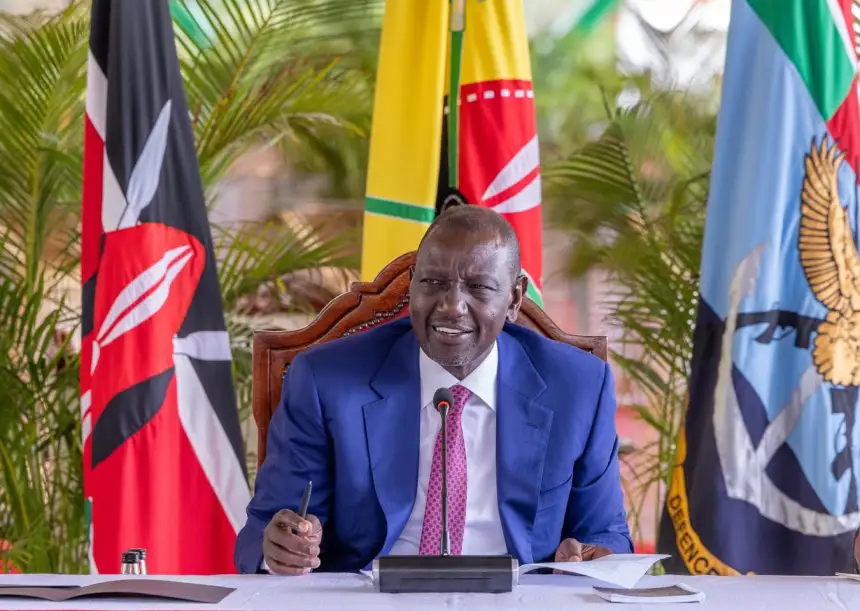Kenya’s free education policy is facing renewed scrutiny following a significant reduction in government funding, prompting fears of mass dropouts and disruption to academic programs in public schools.
Appearing before Parliament last week, Treasury Cabinet Secretary John Mbadi admitted the government could not fully fund the Free Day Secondary Education (FDSE) program, slashing capitation per student from Sh22,244 to Sh16,428—a cut of over Sh5,800 per learner.
This has triggered alarm across the education sector, with schools reporting growing debts, unpaid non-teaching staff, and lack of essential supplies. The National Parents Association (NPA) has warned that the crisis could force thousands of students, especially in rural areas, out of class.
“Many parents are still struggling financially. This is the worst time to cut funding. It will push vulnerable children out of the classroom,” said NPA Chair Silas Obuhatsa.
Despite the growing concern, President William Ruto has attempted to allay fears, stressing that education remains a key national priority.
“Education is non-negotiable,” he said while attending a church service in Nairobi. “We cannot compromise on access, affordability, quality or relevance.”
President Ruto acknowledged the funding gap but framed education as a long-term national investment. He emphasized the role of human capital in driving Kenya’s development and pledged continued support through partnerships with religious institutions.
In response to the crisis, Deputy President Kithure Kindiki outlined the government’s multi-pronged approach to strengthening the sector. He noted that over 23,000 new classrooms have been built since 2022 and 76,000 teachers hired to support the Competency-Based Curriculum (CBC).
He added that 24,000 more teachers will be hired by December 2025, bringing the total to 100,000 in three years—an unprecedented recruitment drive in Kenya’s history.
“These are structural reforms. The transformation of our education system is irreversible,” Kindiki declared.
However, stakeholders insist that without adequate and consistent funding, these gains could be reversed. School administrators and unions have called on the government to urgently review its budget allocations, warning that overburdened schools are on the brink of collapse.
As Kenya braces for the final term of the school year, the focus is now on how swiftly the government can address the funding shortfall while maintaining its reform agenda.





